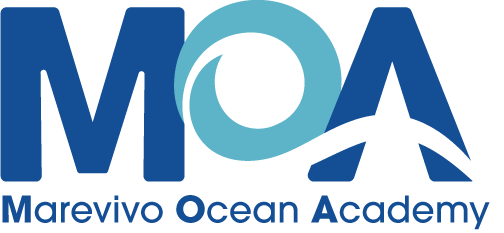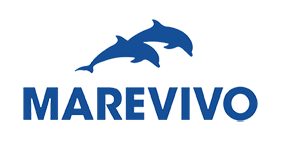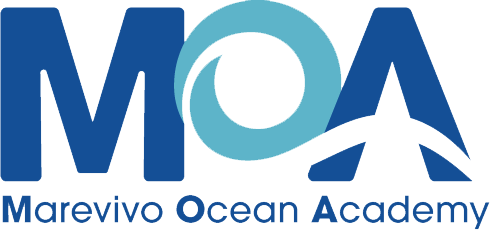Education
Home » Education
Educate to Know, Educate to Protect
Education is the most powerful, transformative tool we have to confront global challenges such as climate change, biodiversity loss, and the depletion of natural resources. It enables everyone, throughout life, to build skills and adopt the behaviours needed to think and act for the good of oneself, the community, and the planet.
Whatever terms we choose—sustainability education, environmental education, global citizenship education, conservation education, and so on—education becomes the pivot around which any strategy for a cultural and ecological transition must turn, in order to achieve (or at least strive toward) the Sustainable Development Goals set out in the United Nations 2030 Agenda.
Audience legend
Teachers / Educators
Upper-secondary students
Primary students / Lower-secondary students
Curious by nature
Sustainable Development, Youth, and the Ocean
In 2021, the United Nations launched the Decade of Ocean Science for Sustainable Development (2021–2030)—an ambitious effort to harness marine science to deliver actions that give current and future generations “the opportunity to live in a sustainable world.”
The UN Ocean Decade aims to strengthen foundational knowledge of the oceans and climate through Ocean Literacy and Climate Literacy, with the goal of cultivating an Ocean Generation equipped with the skills and capacities to face climate challenges and shape its own future.
The Decade on Ecosystem Restoration (2021–2030)—coordinated by FAO and UNEP to halt the degradation of marine and terrestrial ecosystems—likewise identifies education and public engagement as strategic priorities, and calls for creating new, more inclusive opportunities for young people to participate in environmental decision-making.
Education: a Treasure within
UNESCO’s International Commission, chaired by Jacques Delors in 1996, identified several defining elements that remain relevant today—including the Four Pillars of Education on which a high-quality education and schooling should be built.
Learning to know (acquiring the tools of understanding)
Learning to do (acting creatively within one’s environment)
Learning to live together (participating and collaborating with others)
Learning to be (achieving a deeper, more harmonious development of the self)
Under this vision, education places both the individual and the community at the centre. Its aims are to provide universal access to knowledge, help people understand the world and one another, and enable everyone to fully develop their talents and realise their potential.
It is the task of education to equip children, young people, and adults with the cultural foundations that allow them—so far as possible—to comprehend societal change, respond to the many challenges posed by information and science, continually enrich their knowledge, and exercise the rights and duties of citizenship in ways that meet the needs of our time.
We thank Maura Gancitano for his video contributions.
This section includes:
Education and Ethics
15:26
What does environmental education mean today? What challenges must we face, and how do we decide what is right and good to foster care for the planet and the well-being of present and future generations?
Educazione ed Etica
15:26
Cosa vuol dire fare educazione ambientale oggi, quali sfide si devono affrontare, come decidere ciò che è giusto e buono per diffondere la cura del pianeta e il benessere collettivo presente e futuro.
Educazione ed Etica
15:26


